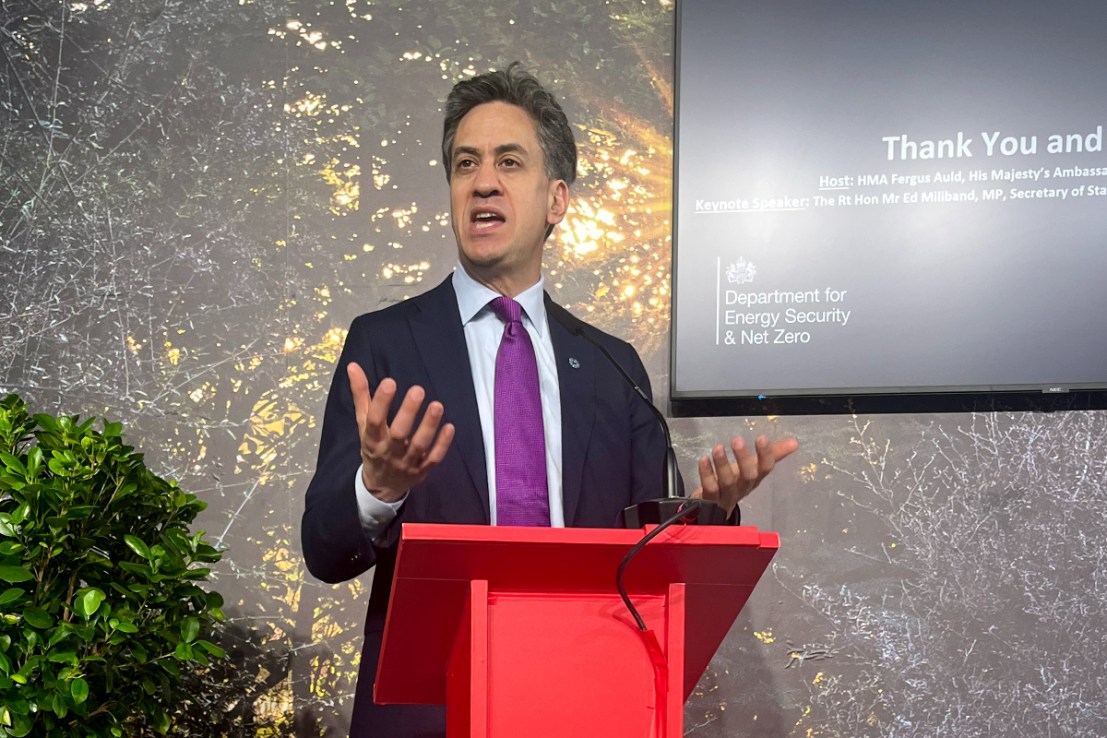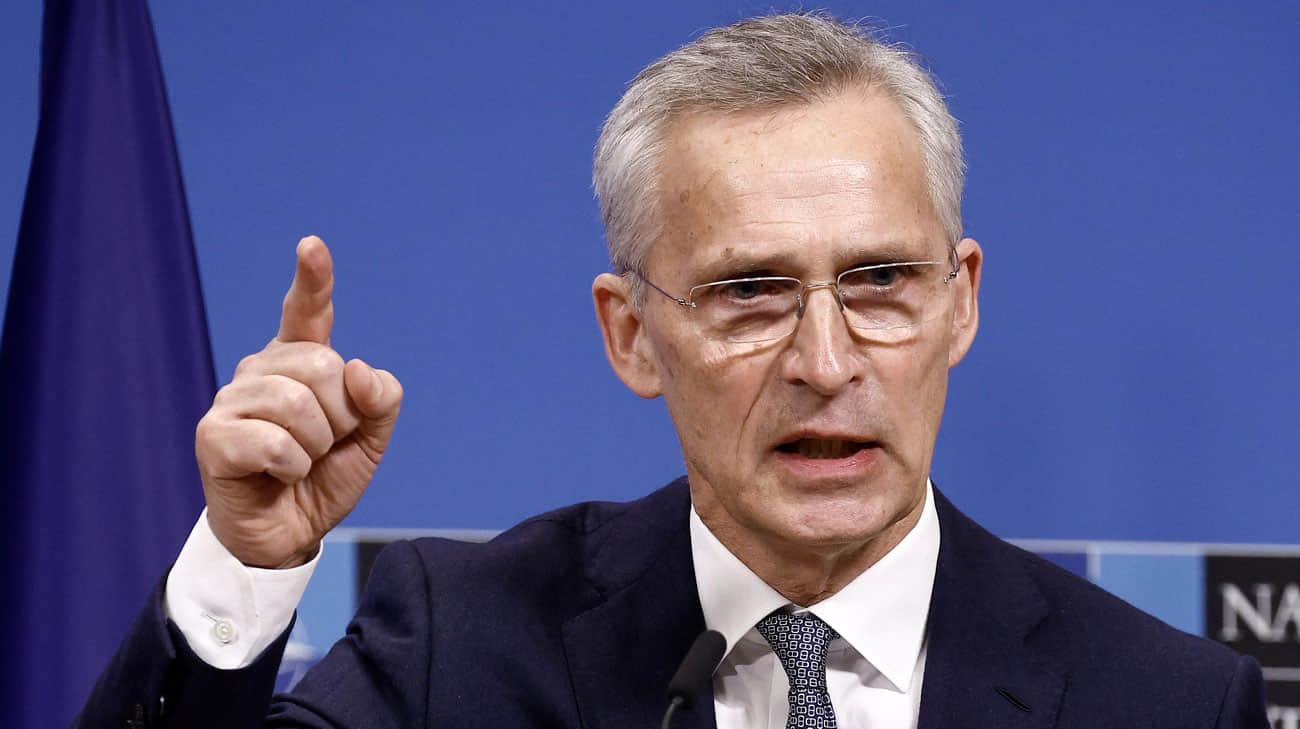Miliband tells Cop29: clean energy transition ‘economically right’ for UK
The transition to clean energy is “unstoppable” and the “economically right thing” for the UK, the energy secretary has argued at the Cop29 climate conference. Britain wants to see a deal at the UN climate conference, hosted in Azerbaijan, that “accelerates the clean energy transition,” Ed Miliband has said. Speaking in the capital of Baku, [...]


The transition to clean energy is “unstoppable” and the “economically right thing” for the UK, the energy secretary has argued at the Cop29 climate conference.
Britain wants to see a deal at the UN climate conference, hosted in Azerbaijan, that “accelerates the clean energy transition,” Ed Miliband has said.
Speaking in the capital of Baku, the minister for energy security and net zero said the UK wanted a “good outcome” from the talks, which have focused on polarised positions over climate finance from rich nations to poor ones, and how to slash greenhouse gas emissions.
Miliband said the UK’s national plan, unveiled at the summit last week, pledging to cut 81 per cent of domestic emissions by 2035, put us “back on the map of global climate leadership”.
Making the closing speech at the UK’s Cop29 pavilion, Miliband stressed that the green transition was right both “ethically” and “economically”.
He said: “We don’t know what the outcome of this Cop is going to be. We want to achieve a good outcome for Britain and for the world… one that accelerates the clean energy transition.
“It is right for tackling the climate crisis and for the face of future generations, and it is right economically for Britain because it will spur jobs, export opportunities and help businesses.”
Clean energy ‘unstoppable’
Comparing the summit to when he was last in the role of climate change secretary, the Labour MP argued: “This feels very different. This is an unstoppable transition.
“It’s an unstoppable transition because it’s the right thing ethically for intergenerational justice. But it’s also an unstoppable transition because it’s the right thing economically.
“Because this is the way that countries are going to grow, countries are going to succeed, countries are going to create jobs, countries are going to get energy security.”
He added: “We have been very clear that our clean energy superpower mission is about energy security, lower bills and good jobs and growth at home.
“And it is also about engaging with other countries, because we are only one per cent of global emissions, and if we’re going to keep future generations safe, we’ve got to engage with those other countries responsible for the 99 per cent of emissions.
“Climate change knows no borders and that’s what our presence at Cop has been all about.”
The latest draft of the Cop climate agreement emerged on Friday, showing countries nearing a compromise on issues such as climate finance and mitigation, but sticking points remain.
Final negotiations
A UK Government source said: “The current text doesn’t make the headway we are looking for, but gives us a platform to negotiate from.
“There is a hard but achievable path ahead in the final hours – and that is what we are focusing on.”
Latest proposals included the long-awaited hard numbers on climate finance, ahead of nations hammering out a final deal.
The core finance target put forward was $250bn in public money and a wider goal of $1.3 trillion, including all kinds of finance to be flowing into poorer countries every year by 2035.
They place developed countries – such as the UK, US and in Europe – as “taking the lead” to provide money to poorer nations to help their climate resilience and ‘green’ their economies.
Britain is pushing for a deal that includes specific reference to last year’s pledge to “transition away from fossil fuels in energy systems” after it received significant pushback.



